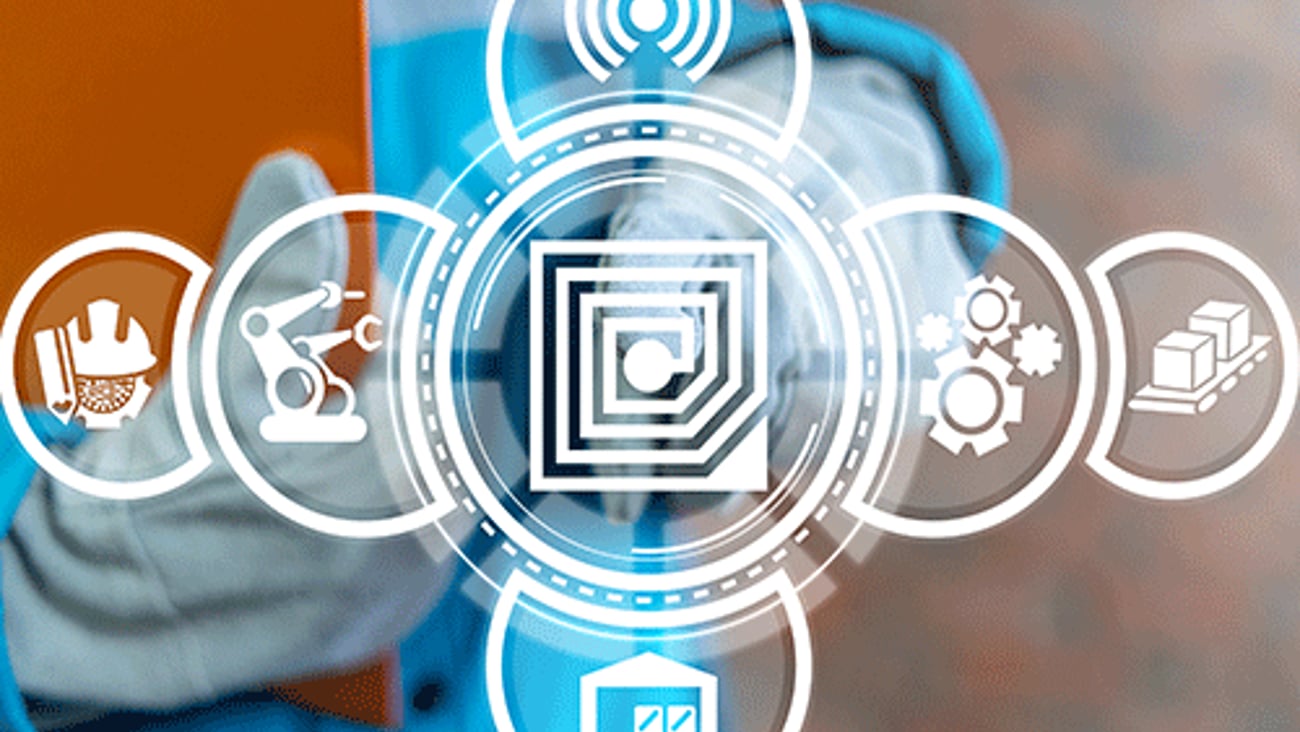The holidays are coming early – is your enterprise ready?
COVID-19 is reshaping the 2020 holiday shopping season, and retailers need to prepare with technology.
2020 has been a year for retail like no other, and the holidays are shaping up to provide an end of the year like no other. Major retailers including Walmart, Target and Best Buy are shuttering stores Thanksgiving Day, and Target and Best Buy are beginning their holiday deals in October or possibly sooner.
And with pandemic-related uncertainty looming over the back-to-school and Halloween seasons, the holidays may be the only significant seasonal shopping event for the remainder of the year. Here are three technology-related areas retailers should focus on now to ensure a happy holiday season – whenever it starts.
E-commerce
Although brick-and-mortar sales are showing signs of recovery as stores across the country have been reopening, e-commerce traffic and spending is still elevated and shows no signs of abating between now and January 1. Especially as some states have begun the process of scaling back reopening plans in the face of surging virus rates, retailers need to be prepared for consumers who do most or all of their holiday shopping digitally.
This means ensuring e-commerce infrastructure is robust enough to handle heavier-than-normal traffic levels for a longer-than-normal holiday season. Spikes may also be harder to predict than normal, as COVID-19 may disrupt traditional digital shopping events such as Cyber Monday. Start reinforcing your underlying technology now, whether by scaling up cloud capacity and/or adding backup servers. And it’s never too soon to start testing e-commerce systems’ readiness for the holidays.
BOPIS/curbside/delivery
Customers making all those e-commerce purchases need them fulfilled, when, where and how they desire. A slew of retailers added or expanded BOPIS and curbside pickup offerings during COVID-19, and now consumers expect to have these omnichannel options available every time they shop. And even the almighty Amazon had difficulty keeping up with heightened demand for fast delivery as many customers simply stayed home.
Any retailer who does not currently offer reliable, resilient, same-day omnichannel fulfillment needs to stand up that capability NOW. Underperforming or shuttered stores can be transitioned to “dark stores” that operate as hubs supporting in-person pickup and last-mile delivery of online orders. Numerous third-party platforms are available to quickly scale up same-day and/or next-day delivery capability, even for retailers starting out with little or no delivery infrastructure.
Security
Numerous studies indicate there has been a sharp uptick in all types of cyberfraud since the start of the pandemic. All that additional e-commerce activity is tempting for hackers, and criminals are assuredly gearing up for a busy holiday season.
There are some basic steps that every retailer can take to help protect themselves and their customers against digital fraud. These include requiring several forms of information to authenticate online customer identity, tracking and potentially blocking site traffic from high-risk areas of the world (such as Eastern Europe), participating in industry security groups and initiatives, and ensuring all third-party partners who may have access to your network also follow rigorous security procedures.
In addition, every online retailer should enlist a trusted expert to conduct a thorough cybersecurity review of their organization ASAP to detect and resolve any weak spots before the full holiday rush begins. The weather outside may get frightful, but inside your firewalls all should be cozy and bright.







